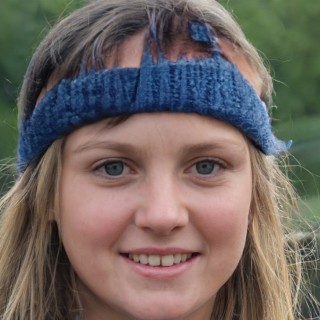The U.S. Ninth Circuit Court of Appeals has delivered a pivotal decision for digital asset intellectual property, affirming that Non-Fungible Tokens (NFTs) can indeed qualify as trademarks. This ruling sends a high-profile legal dispute involving Yuga Labs' Bored Ape Yacht Club (BAYC) to a jury trial against Ryder Ripps and Jeremy Cahen, creators of the RR/BAYC parody collection. The decision sets a significant precedent for digital asset protection amidst a recovering market for NFTs.
- The U.S. Ninth Circuit Court of Appeals affirmed that NFTs can qualify as trademarks.
- The court reversed a prior $9 million summary judgment awarded to Yuga Labs, citing procedural error.
- The case involving Yuga Labs and the RR/BAYC collection will now proceed to a jury trial.
- The core issue for the jury is whether the RR/BAYC collection caused consumer confusion.
- The Ninth Circuit explicitly rejected arguments that NFTs are "too intangible" for legal protection.
- This decision coincides with a reported doubling of the total NFT market capitalization to over $6 billion.
Legal Precedent and Procedural Shift
The appellate court's decision specifically reverses a prior $9 million summary judgment that had been awarded to Yuga Labs. The reversal was based on procedural grounds, as the court determined that the initial ruling improperly bypassed a jury, with the presiding judge making factual conclusions without their involvement. The central question for the jury will now revolve around whether the RR/BAYC collection, which intentionally mimicked Yuga Labs’ BAYC NFTs, was likely to confuse consumers. The court's assessment noted mixed evidence regarding the potential for such confusion.
This ruling signifies a watershed moment, as the Ninth Circuit explicitly rejected arguments that NFTs are "too intangible" for legal safeguarding. By confirming NFTs as protectable trademarks under the U.S. Lanham Act, the court provides a much clearer and more robust legal framework for intellectual property in the burgeoning Web3 ecosystem. Greg Solano, co-founder of Yuga Labs, commented on X (formerly Twitter), characterizing this confirmation as an "important victory for every NFT owner," thereby underscoring its broader significance for the digital asset community.
The Core of the Dispute: Parody and Counterclaims
At the heart of this dispute lies the RR/BAYC collection, which launched in 2022. It was presented as a parody ostensibly intended to criticize the Bored Ape Yacht Club for perceived ties to hate symbols—claims that Yuga Labs has consistently denied. Beyond the trademark infringement allegations, the appellate court also upheld the dismissal of counterclaims brought by Ripps and Cahen. These counterclaims included accusations of Yuga Labs misrepresenting intellectual property rights during content removal processes. Earlier in the legal proceedings, Yuga Labs had initiated enforcement actions against Jeremy Cahen for approximately $400,000 in cryptocurrency.
Market Context: NFT Resurgence
The re-opening of this high-profile case is notably synchronous with a discernible resurgence in the broader NFT market. Following a protracted period of stagnation, the sector has recently demonstrated renewed activity. Trading volumes for prominent collections such as CryptoPunks, Bored Apes, and Pudgy Penguins have shown significant increases. Overall, the total NFT market capitalization has reportedly doubled over the past month, exceeding $6 billion, signaling a broader recovery trend in digital collectibles and reinforcing the timeliness of this legal clarity.
